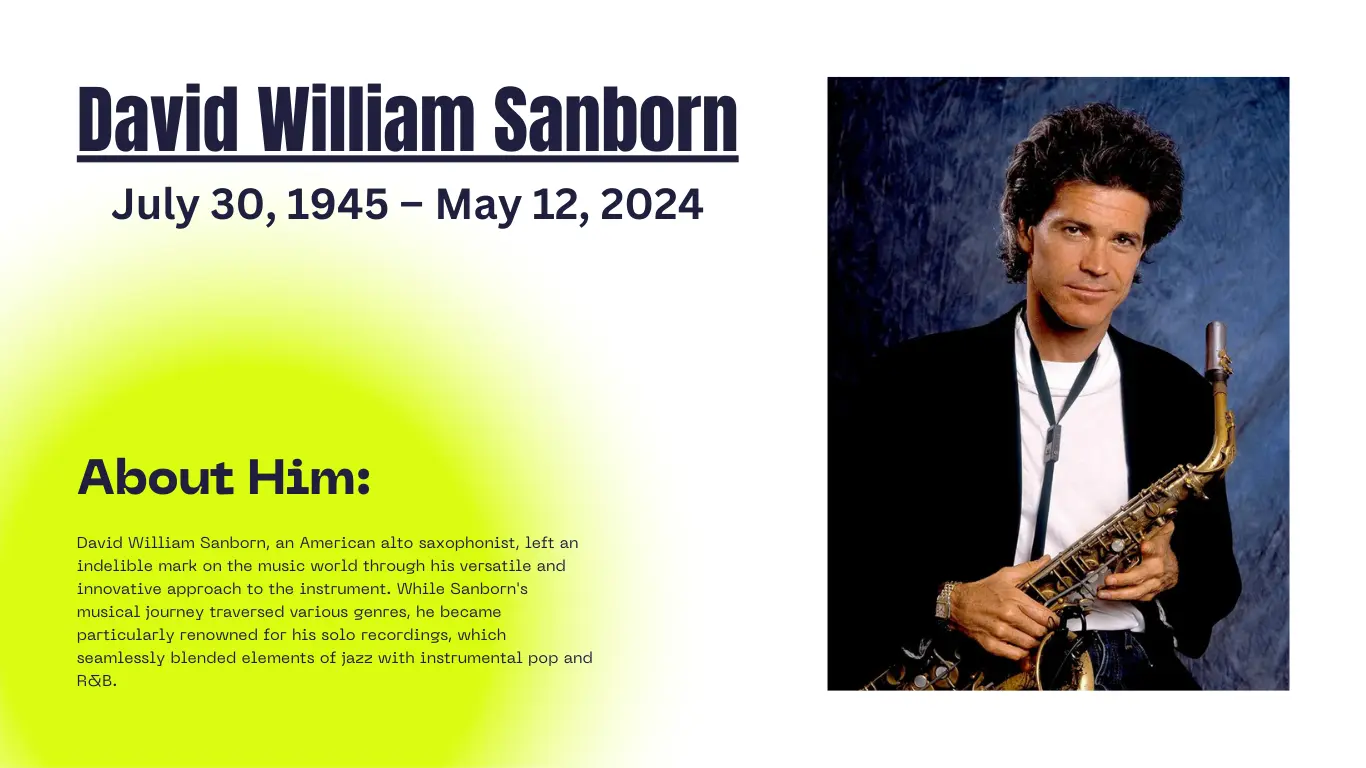Entertainment
Living Large with Schizophrenia: Embracing the Crazy Journey

Rewind, Pause, Play: “My Schizophrenia Journey and the Urge for a Time Travel Fix”
In this piece, I delve into my personal journey with schizophrenia, exploring the moments when I wished I could hit the rewind button on life. From the early signs and struggles to the surreal experiences that come with the diagnosis, I share it all. With humor and honesty, I recount the times when reality blurred, and I yearned for a time machine to transport me back to simpler days. But through it all, I discovered resilience and the power to navigate the present, even when the past seemed so inviting.
Schizophrenia is?
“Our study looked at how happy people with schizophrenia feel and how well they can do everyday things. We also wanted to see if how well they think plays a role in how happy they are.
Here’s what we did: We had 69 people with schizophrenia and 87 people without it join our study. We asked them questions about how happy they felt and how satisfied they were with their lives. We also checked how well they could think and how well they were doing in their daily lives.
What we found was that people with schizophrenia tended to feel less happy and less satisfied with life compared to those without it. They also felt more stressed.
We also noticed something interesting: For those with schizophrenia who didn’t have problems with thinking, how happy they felt was linked to how well they were doing in their daily lives. But for those who did have trouble with thinking, this link wasn’t as strong.
When we looked at other factors like how severe their symptoms were or how much they understood their condition, these didn’t seem to have a big impact on how happy they felt. But feeling stressed and how well they could think, especially in areas like learning and processing information, did seem to affect how satisfied they were with life.
This tells us that programs to help people with schizophrenia get better should focus on helping them feel happier and do better in their daily lives, especially if they have trouble with thinking. And we need to keep studying to learn more about how happiness, daily life, and thinking all fit together for people with schizophrenia.”
Schizophrenia & Me:
As someone who champions schizophrenia recovery and has firsthand experience living with the diagnosis, I’m no stranger to the difficulties families face when they reach out to me for help. I’ve been there, feeling like recovery was out of reach, especially back in 2007 when going back to school seemed impossible. Every day felt like mourning for what I had lost, and I wished I could turn back time.
But things have changed. Today, I’ve found peace, living in the moment.
In my old days:
Back in high school, I had these big dreams swirling around in my head. I spent most of my time daydreaming about which college I’d go to and what I’d study. Dropping out of college because of schizophrenia and even ending up homeless? That wasn’t even on my radar of possibilities.
As a teenager, my life revolved around two main things: playing the violin and hitting the books. I was determined to join the Cleveland Orchestra Youth Orchestra, which was a big deal—it was one of the best youth orchestras in the country. I made it happen at just 13 years old. That same year, I started learning from a violin pro at the Cleveland Institute of Music. I was putting in four to five hours of practice every single day. And no matter how well I played, I was always hungry to improve.
I did pretty well academically too. At 15, I jumped into a special program where I became a full-time college student at Lakeland Community College near Cleveland. I got to take some cool classes like calculus, economics, literature, chemistry, and even music theory. It was different from high school because everyone there wanted to learn, so there were no behavior issues. Having professors instead of regular high school teachers for all my classes was a thrill. My life was all about looking ahead to my future.
I aced my SATs and even snagged a scholarship to my dream school, USC, in Los Angeles. I was dead set on becoming a molecular biologist and diving into research by the time I got there.
Symptoms of Schizophrenia:
Right when I got to USC, my mental health started acting up. Even though being at USC was everything I’d ever wanted, I couldn’t see it. The classes were tough, just like I’d hoped, and I was totally into subjects like East Asian Societies. My dorm mates were cool, the campus was gorgeous, and the food? Top-notch. All I had to do was focus on my studies, but something was off from the get-go.
Schizophrenia hit me hard. I ended up ditching USC and spent four years homeless in LA. Instead of valuing my degree, I got caught up in delusions, thinking I was some kind of prophet.
It’s funny, you know? I spent all those years looking forward to my future, but when I finally got there, I couldn’t enjoy it. Then, after schizophrenia, I couldn’t stop looking back to the past. I wished I could go back to being a student at Lakeland or start over at USC.
I didn’t get diagnosed with schizophrenia until 2007, but I think it started showing up during my first semester at USC in 1999. Luckily, in 2008, I found a medication that worked for me and I made a full recovery. Now, I’m sticking to that medication for good. Because of my recovery, I was able to finish my molecular biology degree at the University of Cincinnati, near my parents’ place, with honors. But even there, I found myself comparing to high school, when I was juggling a full course load and practicing violin for hours every day.
How Schizophrenia get rid:
In 2024, I’ve finally reached a point where I’m happy with my life. I’ve stopped dwelling on the past and wishing things had turned out differently. Back in 2008, Dr. Henry Nasrallah, my psychiatrist, urged me to return to college, which led to me thriving at the University of Cincinnati. He inspired me to write my memoir in 2014 and helped establish a foundation in 2016, where I now work and feel fulfilled.
Schizophrenia can steal our dreams and force us to change our plans dramatically. But thanks to treatment, I’ve recovered, and I’m grateful for it every day. I empathize with young people who are grieving over their losses.
My advice? Stick to your treatment. You never know what unexpected turns life might take. With treatment, there’s always hope for the future, and even a chance to rediscover what you once loved.
I understand that my current happiness relies on staying in treatment. If I stop and start medication again, it might not work as well, even at higher doses. Each psychotic episode can harm the brain.
Nowadays, I’m content living in the present. I’m too busy to dwell on the past. To anyone battling schizophrenia, I say: dare to dream again and aim for full recovery. Adhering to treatment is the key.
-

 Soccer4 months ago
Soccer4 months agoDutch Fans in Blackface to Imitate Ruud Gullit, One Agrees to Stop
-

 Soccer4 months ago
Soccer4 months agoEx Glamour Model Says Party with England Team Before Euros
-

 Soccer4 months ago
Soccer4 months agoArgentina vs Peru 2-0 Highlights & All Goals Copa America 2024
-

 News6 months ago
News6 months agoDubai Flood, Rain Turns Desert to Aquarium🌧️🐠
-

 NBA4 months ago
NBA4 months agoCelebrate with the Boston Celtics: Parade and Traffic Updates
-

 Soccer4 months ago
Soccer4 months agoUEFA EURO 2024: Essential Guide and Key Information
-

 Celebrity5 months ago
Celebrity5 months agoDavid Sanborn, American Alto Saxophonist, Died at Age 78
-

 Entertainment5 months ago
Entertainment5 months agoThe Try Guys’ Journey From Four to Two















